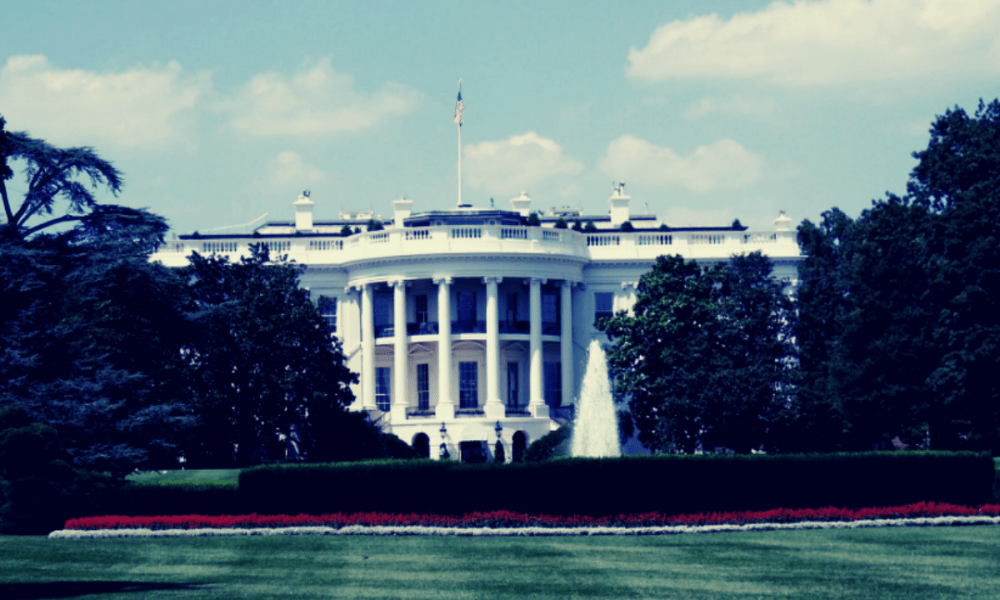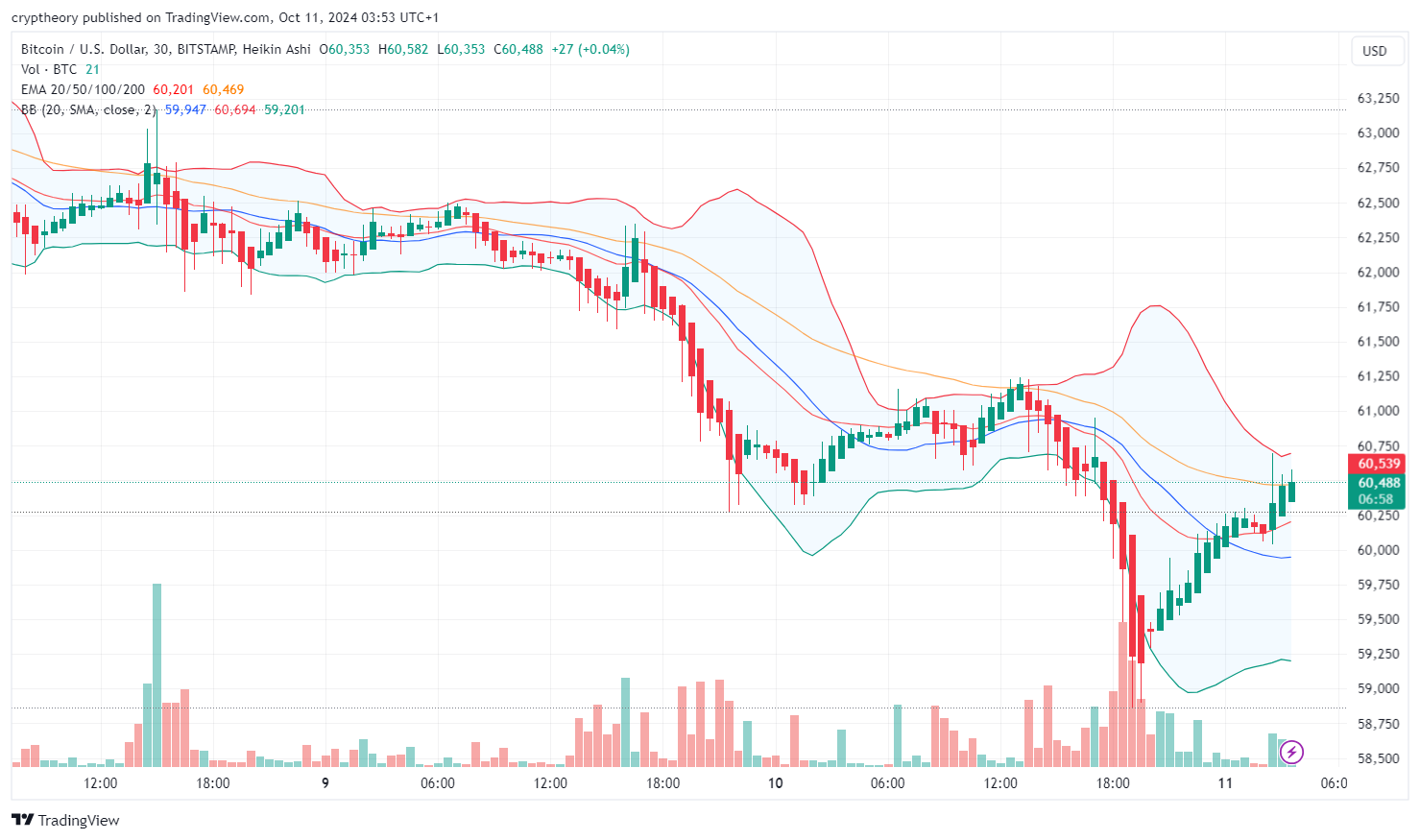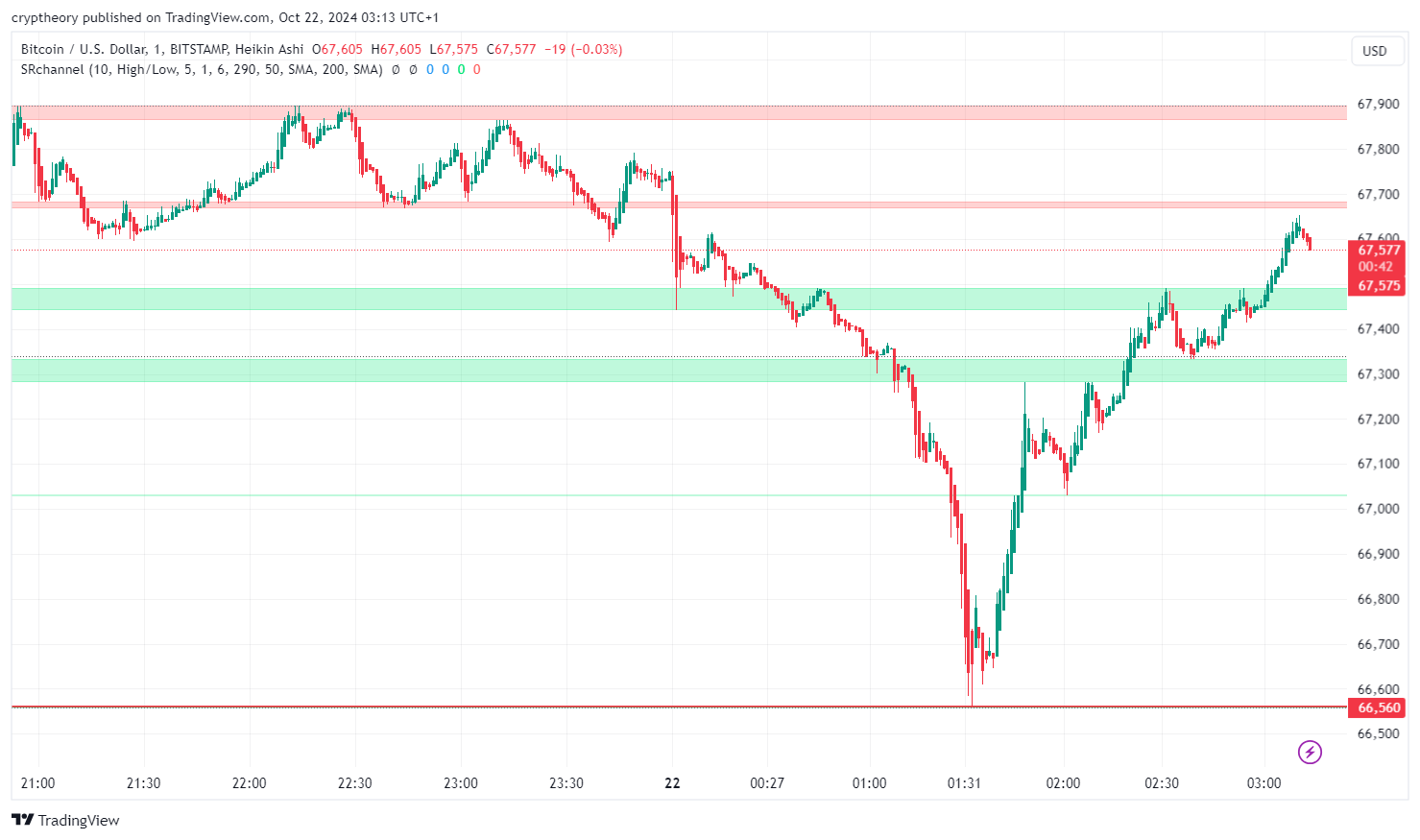Table of Contents
Welcome to today’s overview:
MARKETS
The primary cryptocurrency fell by more than $ 10,000 in a few days between January 20 and January 24, reaching the lowest price point below $ 33,000 since the end of July.
This resulted in a large number of liquidations at over-indebted traders and damaged the overall sentiment of the entire crypto market. From this low, however, the asset reacted well and gradually began to regain some of the lost positions.
BTC shot up about $ 4,000 to $ 37,000. In the following hours, the cryptocurrency retreated by $ 1,000 before attacking again. This time, she touched $ 38,000, where is now.
Altcoins have also suffered in recent price declines, but most of them are now in the green. At one point, the Ehtereum was even close to falling below $ 2,000. Now, however, the second largest cryptocurrency, after a 3% daily increase, is around $ 2,500.
BTC analysis – the price rose to $ 38,000, we are still a long way from reversing the trend
Litecoin analysis – the price stopped, but the bounce was negligible
Cryptocurrencies
Dogecoin becomes the most traded coin for the 1000 largest BSC whales
According to statistics provided by the WhaleStats on-chain data platform, DOGE now trades much more than other tokens, with the largest 1,000 whales investing in Binance Smart Chain (BSC) -based coins.
However, the most traded coin remains the ETH, and the token with the highest dollar equivalent in whale wallets is the BTCB. However, dogecoin is not on the list of the ten most purchased cryptocurrencies. However, one of his imitators, the babydoge, is in second place here.
Banks, crypto exchanges, companies
The FTX US crypto exchange closed a $ 400 million funding round and reached a valuation of $ 8 billion
The FTX US crypto exchange in Chicago reached a value of $ 8 billion after new financing. According to Reuters on Wednesday, the US branch of FTX closed a round of financing worth $ 400 million, which was led by SoftBank Group Corp, Temasek Holdings, Paradigm and Multicoin Capital.
FTX US President Brett Harrison said the development puts their company in one of the largest crypto exchanges in the United States and sends the news to the world that the company is growing very fast. Harrison said the company will use the funds to further develop its offering as well as grow and expand its staff.
Meta is reportedly planning to sell the project and diem assets
The stablecoin Meta diem project seems to be getting lost because, according to Bloomberg, the company is trying to sell its assets. Close sources said that plans for stablecoin had failed, in part due to concerns raised by regulators over the project.
The sale of assets would go to a return of capital to investors, the report said. Diem reportedly negotiates with investment bankers on how to sell both intellectual property, and also how to find positions for project engineers.
Stablecoin has a controversial history, has undergone strict regulatory scrutiny and rebranded the original name Libra. The latest of these inquiries resulted in a request by Democratic senators in the United States for the company to end the Novi project and wallet.
CBDC, Regulation
An official from the Russian Ministry of Finance calls for the regulation of cryptocurrencies, not for ban
According to the surprising comments of the director of the Russian Ministry of Finance, Russia could ease its position on cryptocurrencies. Ivan Chebeskov, one of the directors of the Ministry of Finance, spoke in favor of regulating cryptocurrencies instead of banning them.
According to Chebeskov, the ban on operations with cryptocurrencies and their mining will lead to the country lagging behind the world’s technological industry. Instead, the minister suggested that cryptocurrencies be regulated:
“We need to give these technologies a chance to develop. In this regard, the Ministry of Finance is actively involved in the preparation of legislative initiatives regarding the regulation of this market. “
The comment was made during the RBC cryptoconference, which took place on Tuesday. Chebeskov said that the Russian ministry had prepared a proposal for the regulation of digital assets and was waiting for the government’s position on the matter.
The US Congressman calls for a “broad, bipartite consensus” on important digital asset policy issues
In a letter addressed to the leadership of the US House of Commons Financial Services Committee, its rank-and-file member Patrick McHenry dug into the “inconsistencies and jurisdictional uncertainties” inherent in US cryptocurrency regulation and called on the committee to address its critical issues.
McHenry, a Republican representing North Carolina, said at the outset that Democratic chairwoman Maxine Waters wanted to schedule another hearing on issues relevant to the digital asset industry. He further emphasized the need to identify and prioritize key issues and to reach a “broad, bipartite consensus” on issues that are a huge promise for the financial system and the wider economy.
Referring to the confusion the industry faces due to the competitive demands of the Commodity Futures Trading Commission (CFTC) and the Securities and Exchange Commission (SEC) on digital asset jurisdiction, McHenry noted that neither of their positions is based on law. He argued that Congress should not pass regulation of digital assets to regulatory agencies or courts, but rather intervene to categorize this new asset class and set rules to follow.






















